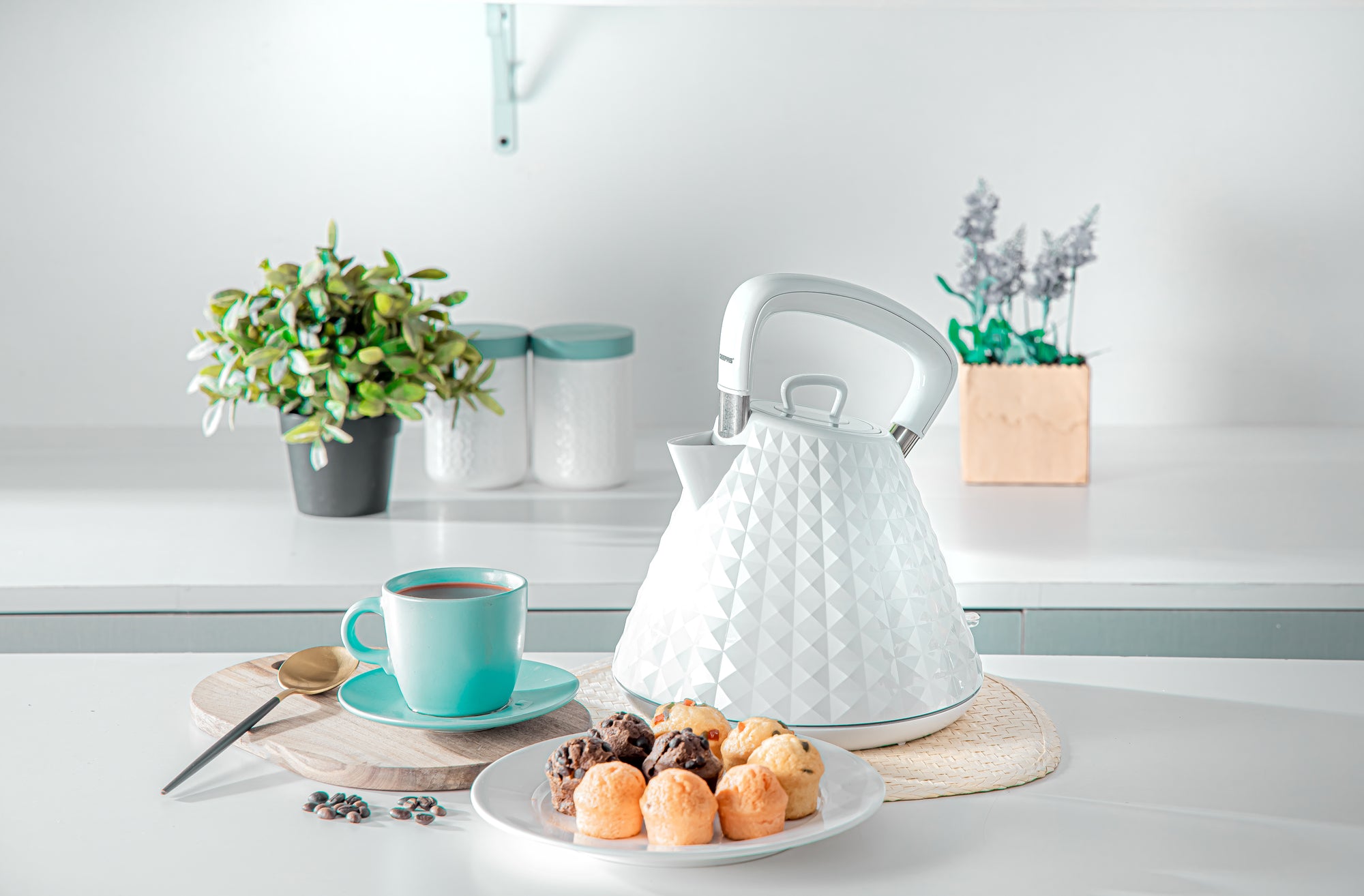What Is A Slow Cooker?
A slow cooker, also known as a crockpot, is a kitchen appliance designed to cook food at a low and consistent temperature over an extended period of time. It offers convenience and ease of use by allowing users to prepare meals in advance and leave them to cook slowly throughout the day.
How do slow cookers work?
The Slow Cooker Heating Element - Slow cookers typically consist of a heating element located at the base of the appliance. This heating element produces heat, which is then transferred to the cooking vessel. The heat is distributed evenly, ensuring consistent cooking throughout.
Use of low and steady heat - Unlike other cooking methods that rely on high heat and quick cooking times, slow cookers operate on a low and steady heat setting. This gentle cooking process allows the flavors to develop slowly while tenderizing the ingredients. By cooking at a lower temperature, slow cookers consume less energy compared to traditional ovens or stovetops.
Retention of heat and moisture - slow cookers are designed to retain heat and moisture effectively. the lid traps the steam generated during cooking, preventing it from escaping and maintaining a moist environment within the cooking vessel. This retention of heat and moisture contributes to the tenderness and succulence of the final dish, reducing the need for additional energy to maintain or restore moisture.
Energy Consumption Of Slow Cookers
Comparison with other cooking appliances:
When compared to conventional ovens or stovetop cooking, slow cookers are generally much more energy-efficient. This is because they use a lower wattage and operate at a lower temperature, resulting in reduced energy consumption. Slow cookers use approximately 70 to 250 watts per hour during the cooking process, depending on the specific model and settings.
"Slow cookers are among the kitchen's most energy-efficient appliances. Although they take longer to cook food, they're rated at as little as 200 watts - less than a tenth of some electric ovens. An average-sized slow cooker uses just 1.3kWh per meal cooked, which when broken down to an hourly cost comes in at under 1p on the average energy tariff. This can be further reduced if you have solar panels installed, as you can set the cooker to run during daylight hours when some or all of the electricity will be free." - Uswitch.com
Length of cooking time:
While slow cookers may consume energy over an extended period, the long cooking times can be offset by the fact that they require minimal active involvement. Once the ingredients are prepared and placed in the slow cooker, the appliance does the rest of the work, allowing you to focus on other tasks. The extended cooking time can help break down tougher cuts of meat and develop rich flavors without the need for constant supervision or energy-intensive cooking methods.
Size and capacity of the slow cooker:
The size and capacity of a slow cooker can impact its energy efficiency. It is important to choose a slow cooker that is appropriate for your needs to avoid unnecessary energy consumption. Using a larger slow cooker for smaller portions may result in wasteful energy expenditure as the appliance has to heat a larger space than required. Conversely, using a smaller slow cooker for larger meals might lead to overcrowding, affecting the efficiency of heat distribution.
Cooking duration and temperature settings:
The duration and temperature settings selected for cooking in a slow cooker can affect its energy efficiency. Longer cooking times at lower temperatures are generally more energy-efficient than shorter cooking times at higher temperatures. Choosing the appropriate temperature setting based on the recipe and desired results is important for optimizing energy usage.
Proper usage and maintenance:
Proper usage and maintenance of the slow cooker are crucial for optimal energy efficiency. It is recommended to follow the manufacturer's instructions and guidelines to ensure efficient operation. Regular cleaning and maintenance, including checking for any worn-out parts or damaged seals, can help maintain the efficiency of the appliance and prevent unnecessary energy loss.
Slow cookers are considered energy-efficient appliances due to their low wattage, long cooking times, and ability to retain heat and moisture. They offer a convenient and hands-off cooking method, allowing you to save both time and energy. By selecting the right size, adjusting temperature settings, and properly maintaining your slow cooker, you can further enhance its energy efficiency. Incorporating a slow cooker into your kitchen repertoire not only yields delicious meals but also contributes to a more energy-conscious and sustainable lifestyle.




1 comment
commercial cooking equipment
Modern commercial kitchen equipment often includes advanced features like programmable settings, which enhance food preparation quality.
https://luus.com.au/about-us/
Modern commercial kitchen equipment often includes advanced features like programmable settings, which enhance food preparation quality.
https://luus.com.au/about-us/